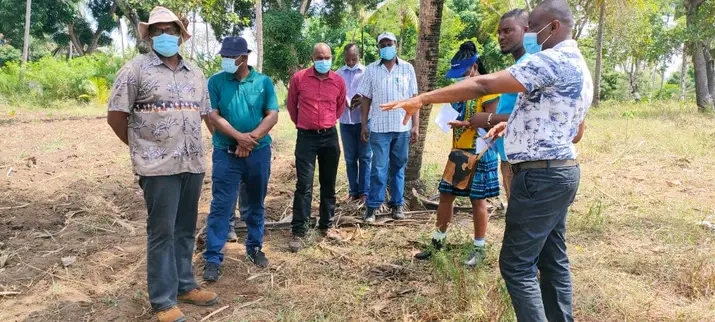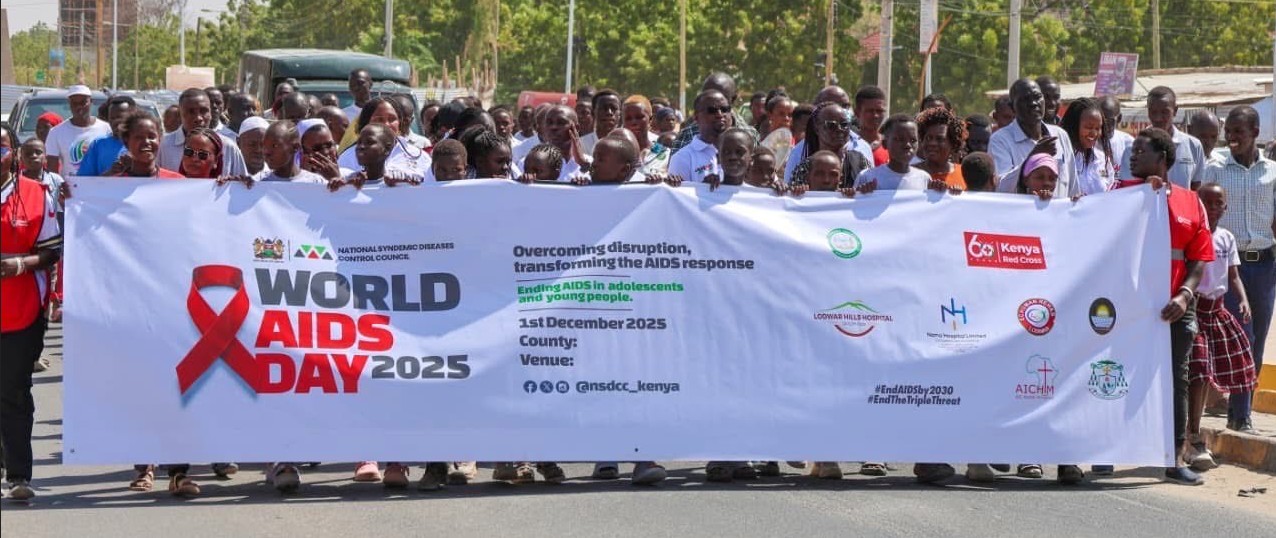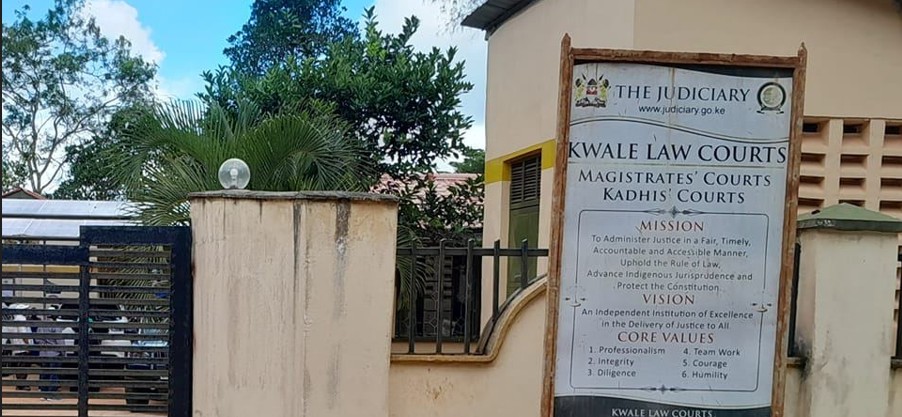Kwale farmers to practice sustainable agriculture after KEPHIS launches training

Farmers will undergo training in various irrigation techniques, selection of profitable crops, and utilization of certified seeds and fertilizers.
Kenya Plant Health Inspectorate Service (KEPHIS) has initiated a training program for farmers in Kwale County aimed at enhancing the quality of agricultural yields.
Launched on Thursday, the program seeks to equip farmers with modern farming techniques, steering them away from traditional methods.
More To Read
- CS Kagwe urges bold reforms in agriculture sector as Intergovernmental Agriculture Forum opens in Naivasha
- Somalia declares drought emergency as millions face hunger after failed rains
- Kenya wants China to remove tariffs on coffee, tea, avocados as trade imbalance persists
- City Hall moves to recognise urban farmers in policy review
- CS Kagwe orders integrated pest management to save macadamia nuts
- Farmers accuse KTDA of favouring Eastern regions in bonuses
Josiah Syanda, the Regional Director of KEPHIS, emphasized the program's objective of bolstering food security and empowering local farmers. The initial phase will focus on Bongwe Gombato ward within Msambweni Sub-county.
"While our target is all farmers in Kwale County, we will begin with Msambweni Sub-county," said Syanda.
He underscored the necessity for farmers to adapt to modern farming practices, particularly given the region's changing weather patterns and the decline in maize crops, a staple in Kwale.
Farmers will undergo training in various irrigation techniques, selection of profitable crops, and utilization of certified seeds and fertilizers.
Syanda highlighted Kwale's agricultural potential, emphasizing that modern farming methods could significantly enhance productivity in the region.
Kwale County's Agriculture Chief Officer, Safari Zero, stressed the importance of continual improvement in agricultural knowledge and skills for small-scale farmers, particularly in light of climate change-induced uncertainties in weather patterns.
Zero emphasized that by improving crop quality, farmers could enhance their livelihoods and contribute to socio-economic development.
"Farmers have been receiving agronomic best practices, including appropriate planting techniques such as early planting, plant spacing, and proper weeding," Zero added.
Officials from the Food and Agriculture Organization (FAO), including Tito Arunga and David Makongo, were also present at the program's launch.
Top Stories Today















































